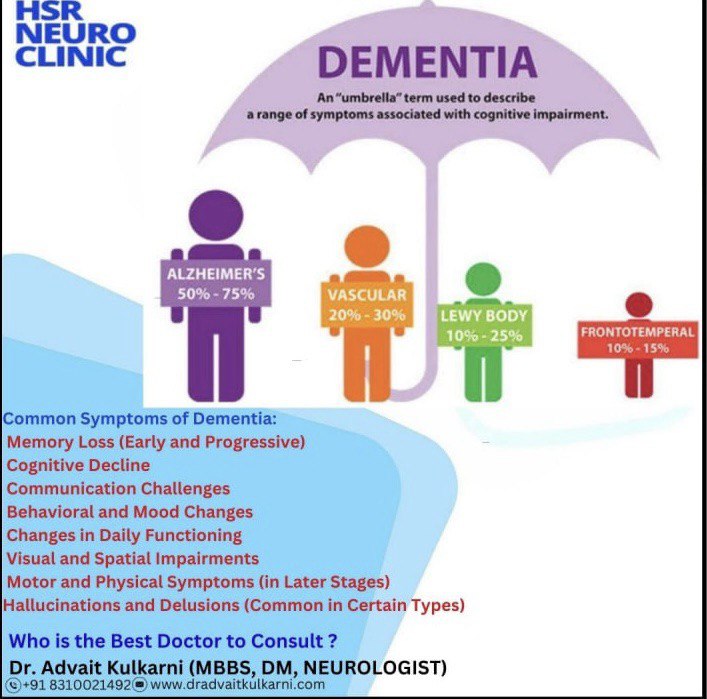+918048034088

This is your website preview.
Currently it only shows your basic business info. Start adding relevant business details such as description, images and products or services to gain your customers attention by using Boost 360 android app / iOS App / web portal.
Patient XYZ 71 years old man belongs to Bihar, is ...

Patient XYZ 71 years old man belongs to Bihar, is a retired army officer. His Son and Wife began to notice subtle changes in his behaviour. He would misplace everyday items like his glasses, cup of tea after having it, and repeat same questions again. At first he use to say and convey that he is 'getting older' or 'stressed from work', despite being retired from years. His wife started to get concerned and encourage him to see doctor but he resisted every time they quarrel each time, claiming that he was perfectly fine and that his memory lapses was just part of aging. As time went on, his cognitive decline became more pronounced. He would forgot the names of close family members, he would often become confused about the day of the week. He would ask the same question multiple times, even in the same conversation. When his wife tried to gently point out his forgetfulness, he would become defensive and dismissive, saying "I am fine, I am not crazy”, going to the doctor is a waste of time and money he did not need any help. Denial is common thing in Dementia patients, especially in every stage, as they often have enough cognitive awareness to sense that something is not quite right but refuse to accept the diagnosis due to fear or confusion. As time went on, his cognitive disbility worsened more and more. His family faced an emotional struggle, as they balanced their desire to help him with his resistance. His children worried about his safety, started taking steps to monitor his behaviour his behaviour more closely, but his denial of his condition often led to anger or frustration. He was frequently upset with his family for treating him "Like a Child". Overtime his condition worsened and he began to experience more severe memory loss and disorientation. His wife and children found it necessary to hire a caregiver for him, although he continued to argue that he did not need help. He started hiding things and wrapping things around him. He would became suspicious towards house helpers and caregiver that they blame for these things to him. This scenario is all too common for the families dealing with Dementia, especially in early to middle stage of the disease. Denial often comes from the patients inability to recognise the changes in themselves or their fear of loosing independence and identity. The emotional toll on caregiver is also significant, as they struggle to support their loved ones while navigating the complexities of denial and cognitive decline. Dementia is a much treatable disease if found out early, specially when it is mild cognitive impairment or early stage of Alzheimer's disease, the progression of disease can be arrested in these cases. In My clinical practice, I do see patients who come in early stage having mild cognitive impairment and they do not progress to full fledge, Dementia / Alzheimer's disease if treated early with medication and lifestyle modification along with cognitive training. It's important to seek a professional help from neurologist or a neurophysician if anybody known to, you, is suffering from memory and other symptoms, mentioned earlier. Dr. Advait Kulkarni ( Neurologist, MBBS, DM ) www.dradvaitkulkarni.com

